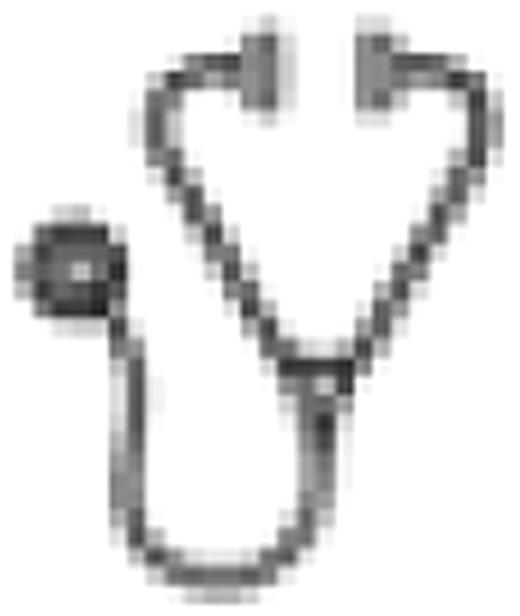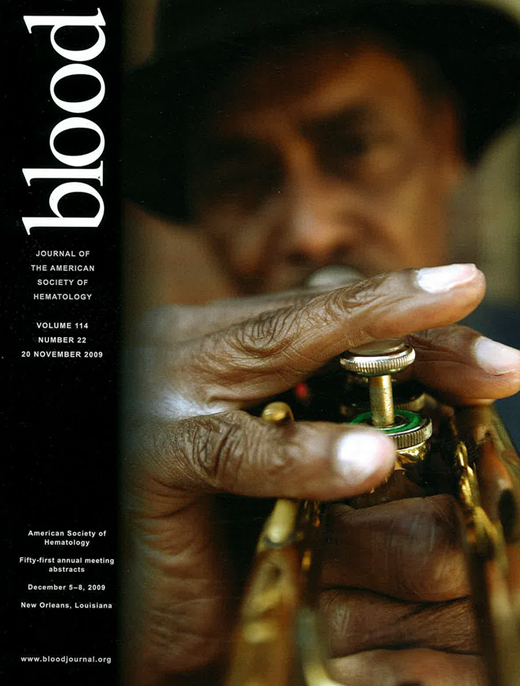Abstract
The Janus kinase 2 (JAK2)/ signal transducers and activators of transcription (STAT) pathway plays an important role in the proliferation and pathogenesis of hematological malignancies. Somatic activating point mutations in the JAK2 gene has been reported in most myeloproliferative disorders (MPDs), but are rarely described in Hodgkin (HL) and non-Hodgkin lymphomas (NHL). JAK2 activation has been reported to be associated with mutation of the Suppressor of Cytokine Signaling (SOCS)-1 gene in HL and primary mediastinal large cell NHL, and in vitro inhibition of JAK2 demonstrated antiproliferative activity in a variety of lymphoma cell lines. With this background, we initiated a Phase-I study of the novel JAK2 small molecule inhibitor SB1518 in patients with relapsed HL and NHL.
The primary objectives were to examine the safety and efficacy of SB1518 in this patient population. Patients were eligible if they had relapsed or refractory HL or NHL of any type (except Burkitt's), regardless of the number of prior treatment regimens. They were required to have adequate organ functions and performance status. They were excluded if they had HIV infection or CNS lymphoma. Patients were treated at 4 dose levels (100 mg, 200 mg, 300 mg, and 400 mg) orally daily without interruption. After 8 weeks of therapy, they were evaluated for tumor response.
To date, 18 patients are enrolled, of whom, 17 received SB1518. Fifteen of the 17 patients are evaluable for tumor response and safety. The median number of prior treatment regimens was 5 (range 2-8), six patients previously treated with autologous and two with allogeneic stem cell transplant. Treatment was very well tolerated, most common Grade 1-2 toxicities: diarrhea 40% (n=6), constipation 40% (n=6), nausea 27% (n=4), appetite decrease 27% (n=4), fatigue 27% (n=4), Grade 3-4 toxicities: neutropenia 13% (n=2), fatigue 7% (n=1), and cerebrovascular accident 7% (n=1). Dose escalation continues as the MTD has not been reached. Three patients at the 300 mg dose level demonstrated disease response with reductions in the tumor measurements by 24% (follicular lymphoma), 46% (small lymphocytic lymphoma), and 64% (mantle cell lymphoma), all remain on therapy with ongoing responses. Overall, 11 patients (73%) had stable disease. Serial plasma samples were collected for PK analysis. Pharmacologically active concentrations were achieved at the lowest dose level (100 mg), with a terminal half-life of 1-2 days, and a mean Tmax ranging between 5-11 hours. The effect of drug treatment on pJAK2, pSTAT3, and pSTAT5 was examined in PBMCs and whole blood before and after the first dose of SB1518. Preliminary analysis demonstrated that SB1518 inhibited JAK/STAT pathway as early as 4 hrs. Collectively, these data demonstrate the safety of chronic administration of the oral JAK2 inhibitor SB1518. As the MTD has not been reached, dose escalation continues. Ongoing clinical responses observed in a variety of lymphoma subtypes suggest that targeting JAK2 pathway may have therapeutic value in patients with relapsed lymphoma.
Younes:SBIO: Research Funding. Off Label Use: SB1518 is an investigational drug. Wood:SBio: Employment. Ethirajulu:SBio: Employment. Zhu:S*BIO PTE LTD: Employment.

This icon denotes an abstract that is clinically relevant.
Author notes
Asterisk with author names denotes non-ASH members.

